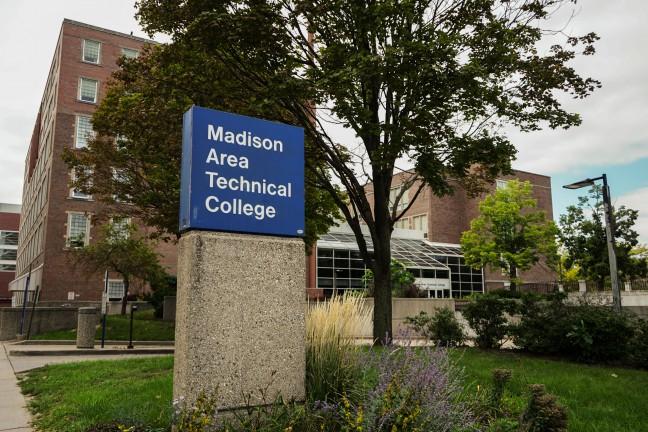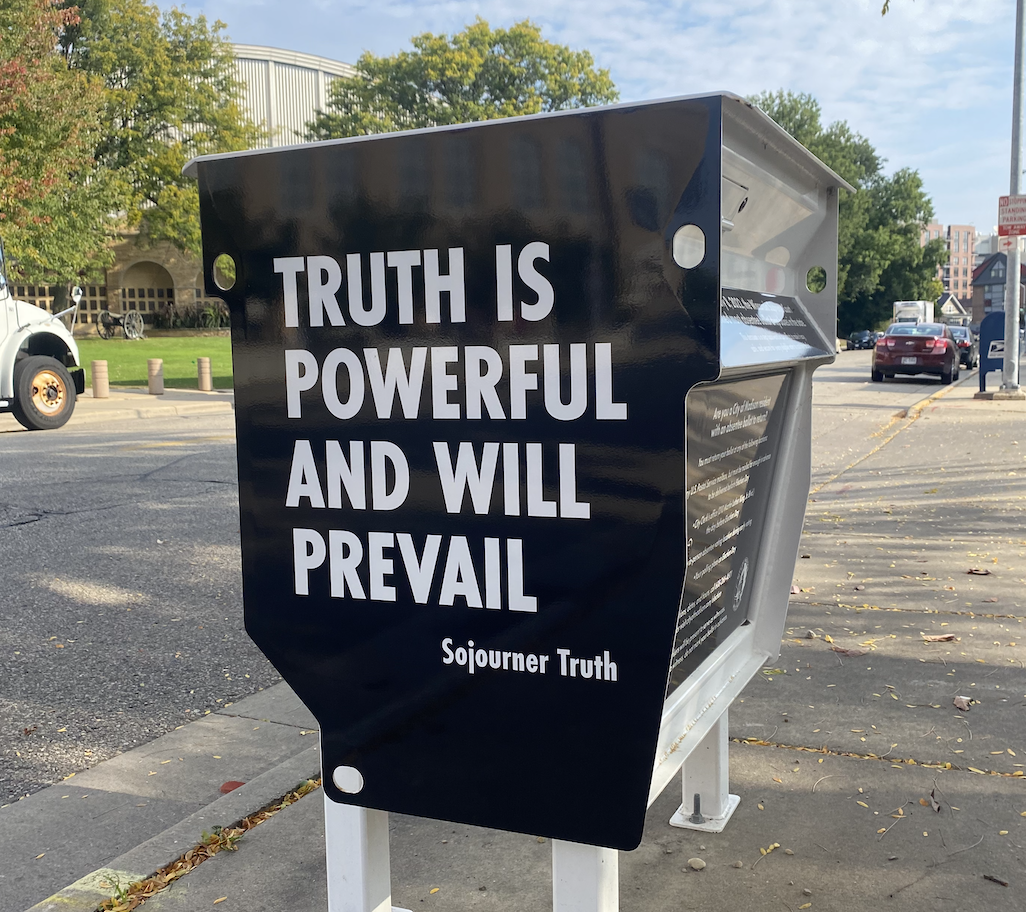When will the segregated fee distribution process on this campus ever stop leaving a bad taste in the mouths of students or cease violating the Constitution?
Apparently not any time soon.
Last month, the University of Wisconsin Roman Catholic Foundation was repeatedly denied segregated fee funding for the next academic year by the Student Services Finance Committee.
This denial of funding demonstrates the committee's blatant use of capricious and arbitrary criteria for determining funding eligibility of student organizations. It also reveals the university's complete ignorance of recent case law regarding student fee distribution.
To begin with, SSFC has seemingly forgotten the concept of consistency. The criteria SSFC uses to determine funding eligibility is in direct conflict with the criteria listed in the student government bylaws. Given the disposition of the committee, though, I'm not surprised such an inconsistency occurs.
But this is only the beginning of a larger problem. The university should inform SSFC that its criteria are not only arbitrary, but they are also unconstitutional.
UWRCF was originally denied funding by SSFC this year after its bylaws — which have included the word "Catholic" for almost a century — were considered to be exclusionary. It should be noted the organization had been funded previously through segregated fees and had not been accused of discrimination.
The bylaws were recently changed to reflect UWRCF's nondiscriminatory practices, but it wasn't enough.
The rationale given by the committee for denying UWRCF funding in the second hearing — inaccuracies in the filing of its application — was only pretext for the actual reason: viewpoint discrimination.
This is not the first time UWRCF has encountered difficulty with the capricious temperament of SSFC. Last year, the organization's budget request was cut in half — a percentage larger than any other group receiving funding. SSFC members were also concerned UWRCF would use some of the funding for "religious" activities.
Regrettably, the committee violated UWRCF's constitutional right to viewpoint neutrality in the fee distribution process by considering the religious views of the organization — a direct defiance of the Supreme Court's holdings in Rosenberger v. University of Virginia and Board of Regents v. Southworth.
However, the criteria used in the distribution process have larger constitutional implications.
Even though UWRCF has never excluded non-Catholics from participating in its events, the organization's denial of funding begs an important question. Why must groups on campus be forced to accept members who disagree with their principles?
There may be an internal tension within the Constitution as the legal pendulum can swing both ways. The Fourteenth Amendment protects individuals against discrimination while the First Amendment simultaneously defends minority viewpoints. The nation's highest court has yet to address this conflict when applied to the distribution of student fees.
Nonetheless, if the mission of Christian organizations such as UWRCF is "to proclaim the Gospel in word and deed," how is a group able to accept a non-Christian who is unable to support the teachings of such a testament?
The Supreme Court provided an answer to this question in Boy Scouts of America v. Dale when it stated that the "forced inclusion of an unwanted person infringes the group's freedom of expressive association if the presence of that person affects in a significant way the group's ability to advocate public or private viewpoints."
SSFC must not have received the message.
Legal principles aside, denying funding to UWRCF because it is deemed to be "exclusionary" demonstrates one of the most glaring logical fallacies in the student fee distribution process on this campus.
The LGBT Campus Center, an organization funded through segregated fees, seeks to eliminate "heterosexism, homophobia, and gender identity oppression." Those holding the same viewpoints on homosexuality as James Dobson and the Family Research Council would not be welcomed by the center. And the university tolerates this exclusion.
Someone needs to take the entire fee distribution process on this campus to task. And I don't mean applying a Band-Aid to an apparently gaping wound. The university needs to understand that while autonomy may be needed in student governance, this should not be granted at the expense of violating the Constitution.
Darryn Beckstrom ([email protected]) is a doctoral student in the department of political science and a second-year MPA candidate in the La Follette School of Public Affairs.







